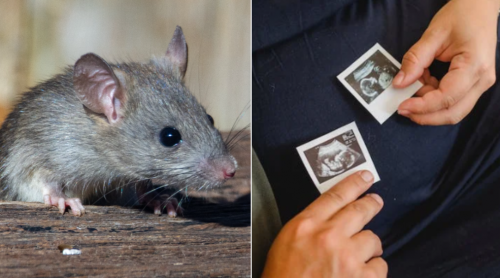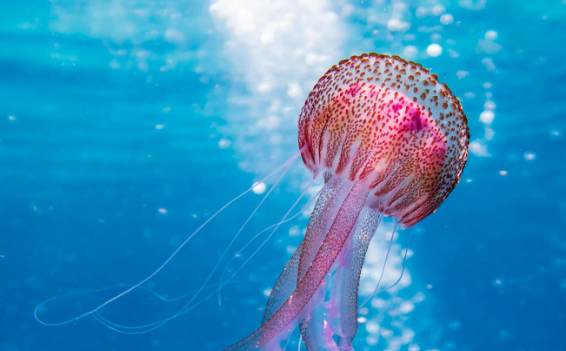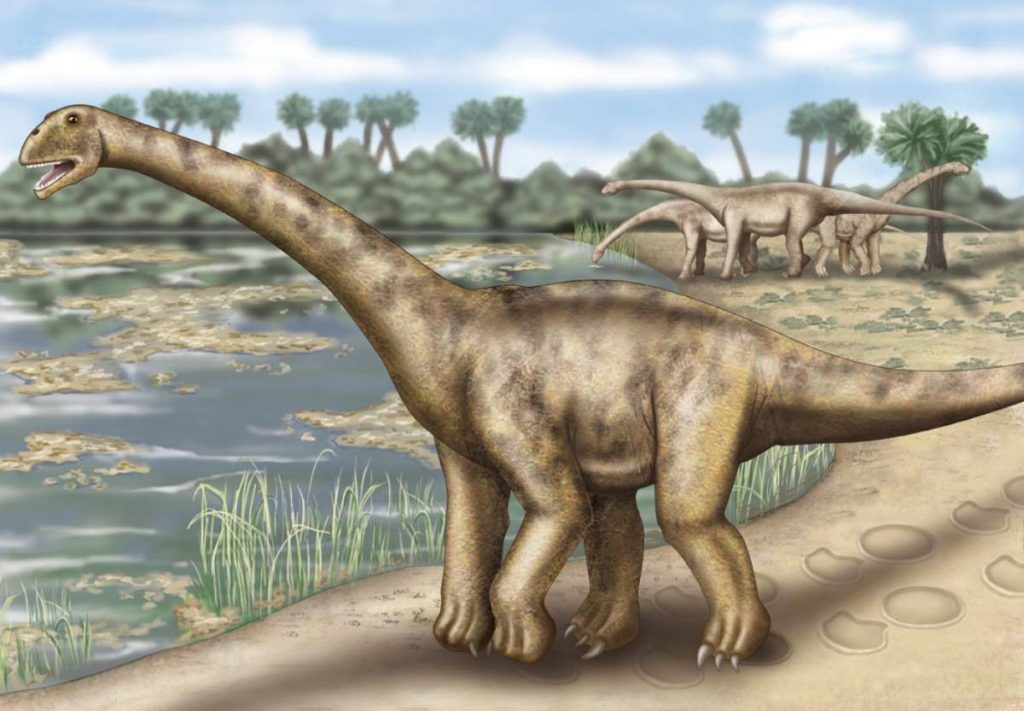Reproduction in Space: Is Growing Mouse Embryos Possible?

© Joshua J. Cotten / Unsplash & Amina Filkins / Pexels
With NASA promising space homes and the government claiming to have seen UFOs, it is time to ask the greater questions. Let’s say we were on our way to space, can we actually have babies in space? If you had asked this question a few months ago, the answer would have been no. However, a new study is claiming that reproduction in space is actually possible now! How, you might ask? Well, their experiment has been successful with mouse embryos.
Reproduction in Space
In a groundbreaking experiment conducted aboard the International Space Station (ISS), researchers successfully grew mouse embryos. They raised intriguing possibilities for human reproduction in space. Published in iScience, the study indicated that the microgravity environment of space had little to no discernible effect on the early stages of embryo development. This finding contributes valuable insights into the potential feasibility of human reproduction beyond Earth. Further suggesting that certain aspects of the reproductive process may adapt well to space conditions.
What Was the Main Focus of the Study?
As part of the experiment, researchers fertilized mouse embryos, developed them to a two-cell stage, and froze them. These frozen embryos were launched to the International Space Station (ISS) in August 2021 via a SpaceX rocket. Astronauts aboard the ISS thawed the embryos. They cultured them for four days and chemically preserved them. Lastly, they subsequently sent them back to Earth for analysis.
What Did the Reproduction in Space Study Find?
In their study, the team of scientists observed that the mouse embryos successfully progressed to the blastocyst stage. This stage is characterized by a cluster of cells formed from the fertilized egg. This then contributes to the development of both the fetus and the placenta. Crucially, these blastocysts exhibited a normal cell count. Additionally, the analysis of the embryos indicated no noteworthy changes in the condition of DNA and genes.

Teruhiko Wakayama, a researcher at the University of Yamanashi in Japan and the lead author of the study, emphasized the significance of their findings in the context of potential future human reproduction in space. He highlighted the extended duration of space travel, such as a trip to Mars taking more than six months, and suggested the possibility of pregnancy during such journeys. The researchers are actively engaged in ongoing studies to ensure the safety and viability of childbirth in space. They are anticipating the challenges and opportunities that may arise during extended space exploration missions.
What Previous Research Has Claimed Over Reproduction in Space
Prior research has suggested that the reproductive systems of women may be adversely affected by space travel. This was particularly true in terms of the destruction of primordial follicles. The latter are immature early-stage eggs residing dormant in the ovaries until triggered to grow. To investigate the effects of space radiation on women, the Artemis 1 mission included two mannikins strapped aboard the Orion capsule.

The recent successful experiment involving the growth of embryos in space provides an optimistic initial indication of their potential survival in extraterrestrial environments. However, it underscores the need for extensive additional research. The observed four-day fetal growth period represents only the initial 20% of a mouse’s total gestation period. Consequently, significant gaps persist in our comprehension of developmental processes during the subsequent and equally critical stages of pregnancy. The findings highlight the complexity of reproductive challenges in space and emphasize the necessity for more comprehensive studies to pave the way for a deeper understanding of human reproduction beyond Earth.
One Thing to Consider!
Comprehensive exploration is important in order to grasp the complete effects of space conditions. This is particularly true for the absence of gravity and the enduring impact of radiation, on the entire gestational process. The imperative goal is to secure the safe and healthy development of mammals, encompassing various species from mice to humans, for potential future reproduction in space.

However, it is emphasized that mouse studies, while valuable, have limitations in providing insights into human reproduction and development due to substantial biological and physiological differences between the two species. The uncertainty underscores that while mammalian reproduction in space is not ruled out, it remains an unknown territory requiring further research for conclusive understanding.
Does this new study convince you to move to space yet?
You might also want to read: NASA Moon Homes Are Coming Soon! Save the Date for 2040



